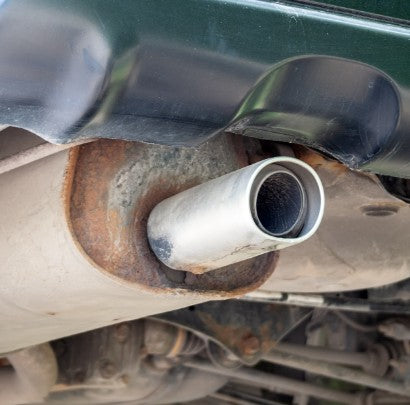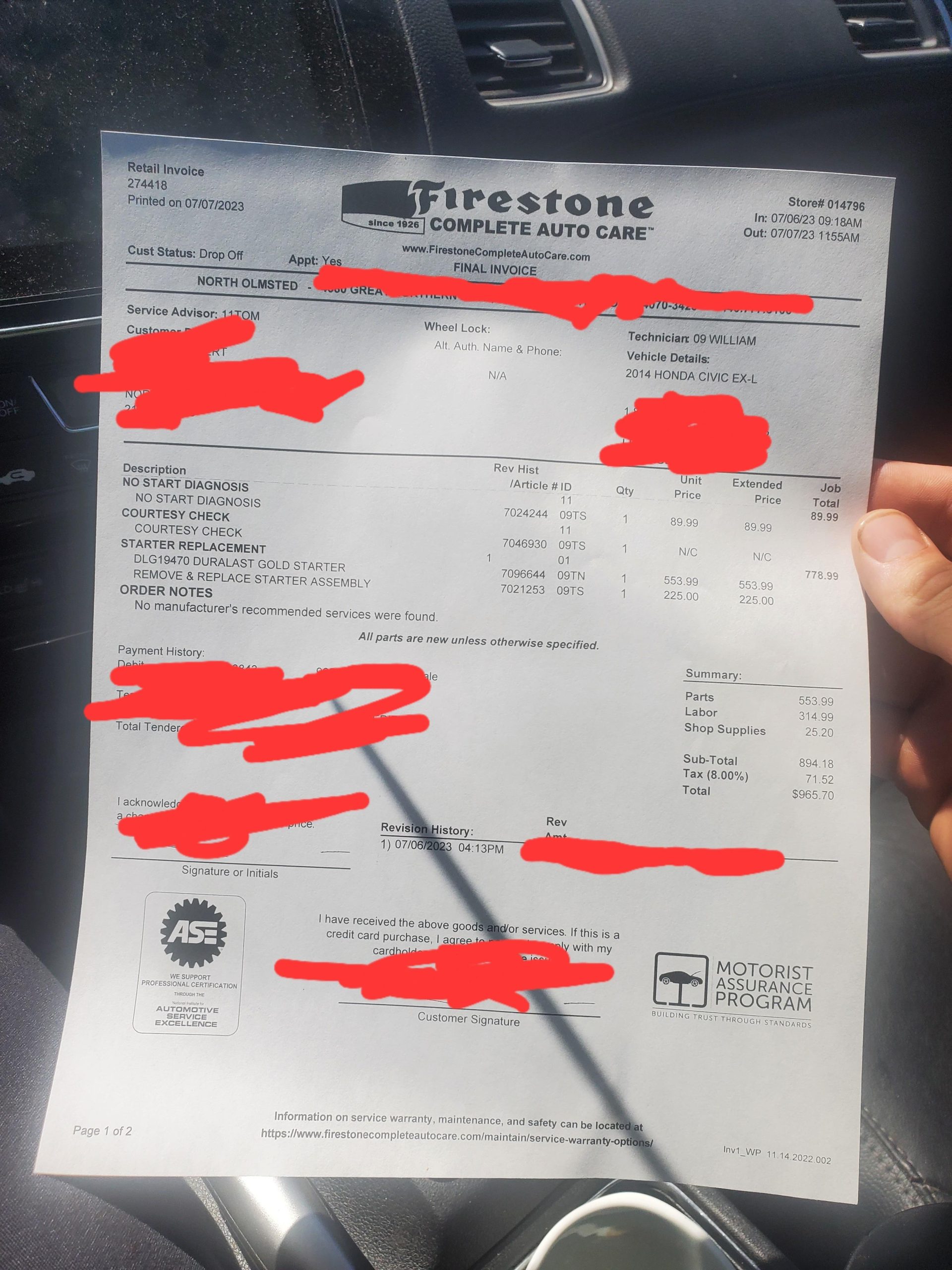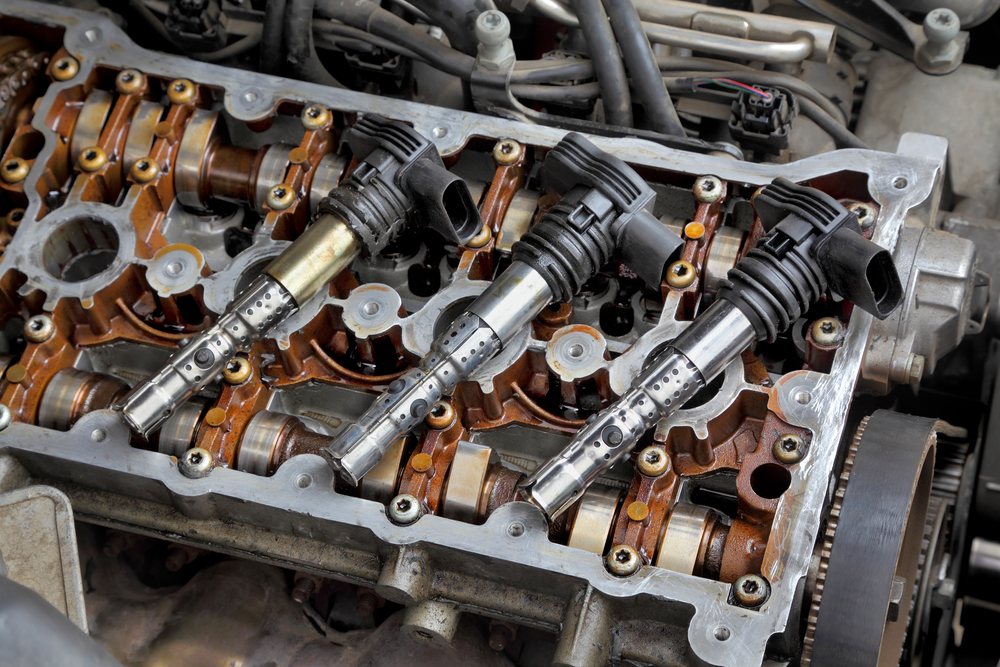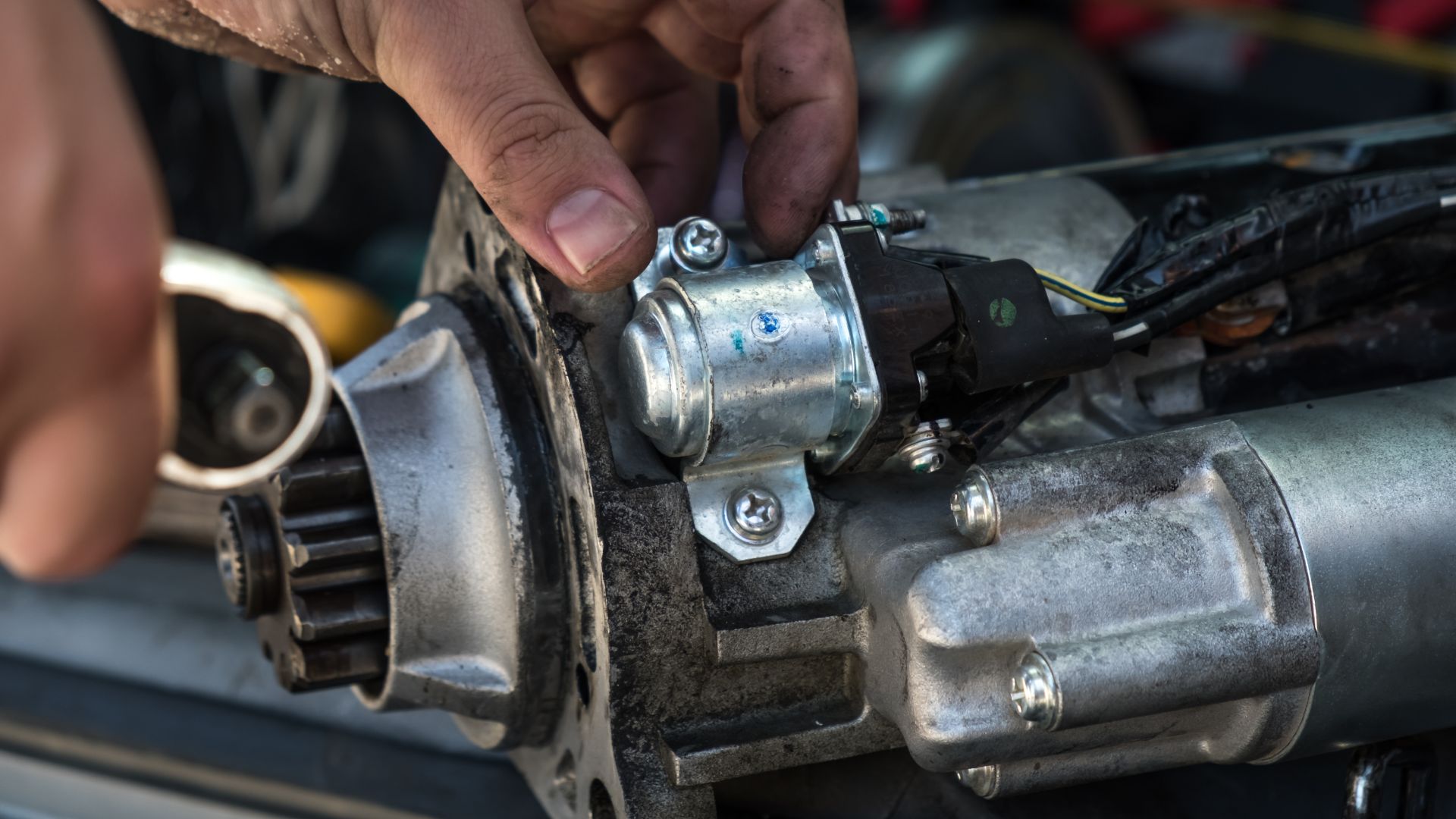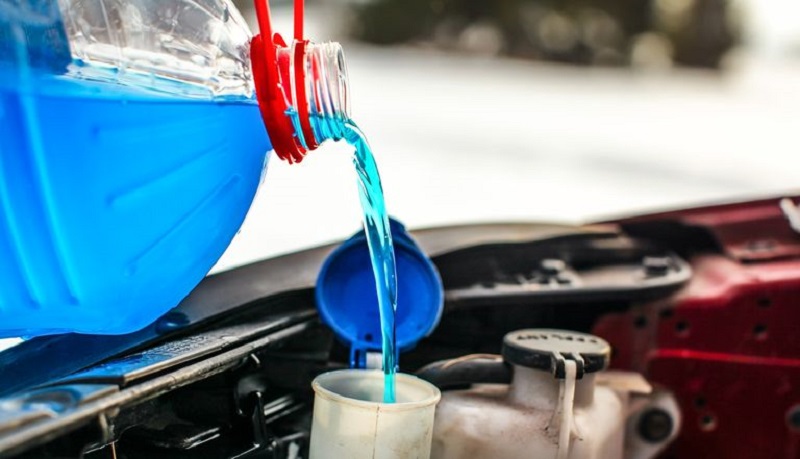Can a Bad Exhaust Cause Overheating
Yes, a bad exhaust can cause overheating, specifically if it restricts the flow of exhaust gases. A malfunctioning exhaust system can lead to a buildup of heat within the engine.
Vehicle maintenance stands as a critical factor in ensuring the longevity and performance of your car. Understanding the connection between a vehicle’s exhaust system and engine temperature is vital. The exhaust system plays a significant role in expelling combustion gases and regulating engine heat.
A compromised exhaust can prevent these gases from escaping efficiently, leading to increased back pressure. This can cause the engine to work harder and, consequently, overheat. Regular inspections can help detect such issues early, preventing potential engine damage and maintaining optimal vehicle function. Keeping your car’s exhaust system in proper working order is not only essential for performance but also for safety and fuel efficiency.
Credit: www.reddit.com
Link Between Exhaust System And Engine Heat
Understanding how your car functions is key to maintaining its health, and this includes knowing the link between your exhaust system and engine heat. This connection is crucial because any issues within the exhaust system can impact the temperature of your engine. A bad exhaust can indeed lead to overheating, putting your vehicle at risk.
The Role Of The Exhaust System In Engine Operation
The exhaust system plays a pivotal role in your vehicle’s functionality. Here’s how:
- Expels exhaust gases: After combustion, the engine creates exhaust that must be removed.
Aids in noise reduction: It helps muffle the sounds of the running engine.Improves performance: A healthy exhaust supports engine efficiency.- Decreases pollutants: It reduces harmful emissions from your car.
Heat Dynamics Within A Vehicle’s Engine
Heat is a byproduct of engine combustion and must be managed efficiently. Here’s a simple breakdown:
- Cooling system: It removes excess heat.
- Engine oil: It lubricates parts and reduces friction.
- Radiators: They dissipate heat away from the engine.
Symptoms Of Exhaust Problems Leading To Overheating
The health of your vehicle’s exhaust system is crucial for its overall performance. A malfunctioning exhaust can lead to engine overheating, which poses significant risks. Recognizing the warning signs early can prevent further damage to your car.
Warning Signs Of A Malfunctioning Exhaust
Strange noises, such as rattling or hissing, can signal exhaust problems. Look out for:
- Loud rumbling from the exhaust
- Decreased fuel efficiency, indicating potential exhaust leaks
- Vibrations in the steering wheel or pedals
- Unusual odors, which could mean toxic fumes are entering the cabin
- A check engine light that could suggest sensor or emissions issues
Correlation Between Exhaust Damage And Rising Temperatures
A damaged exhaust system can cause your engine to overheat. Here’s how:
- Blocked exhaust restricts the flow of gases.
- This leads to increased engine load and temperature.
- Exhaust leaks can let heat escape, affecting engine cooling.
Regular checks can save you from costly repairs. Notice anything off? It’s time for a professional look.
Types Of Exhaust Issues That Can Elevate Engine Temperature
The health of your vehicle’s exhaust system is vital to its overall performance. Various exhaust issues could spell trouble for your engine, prompting it to overheat. Discover the common exhaust problems capable of increasing engine temperature:
Impacts Of A Clogged Catalytic Converter
A clogged catalytic converter is a major exhaust issue that restricts exhaust flow. This leads to a build-up of heat and back pressure, causing your engine to work harder and potentially overheat. Warning signs include:
- Reduced acceleration and power
- A noticeable drop in fuel efficiency
- Difficulty starting the engine
- A sulphur-like smell coming from the exhaust
Consequences Of Exhaust Leaks
Exhaust leaks can also lead to engine overheating. A leak before the catalytic converter allows hot exhaust gases to escape, which can increase the temperature under the hood. Signs include:
- Louder engine sound, especially during acceleration
- Visible damage or holes in the exhaust manifold
- A hissing or tapping sound
It is crucial to fix these issues promptly to avoid damaging the engine.
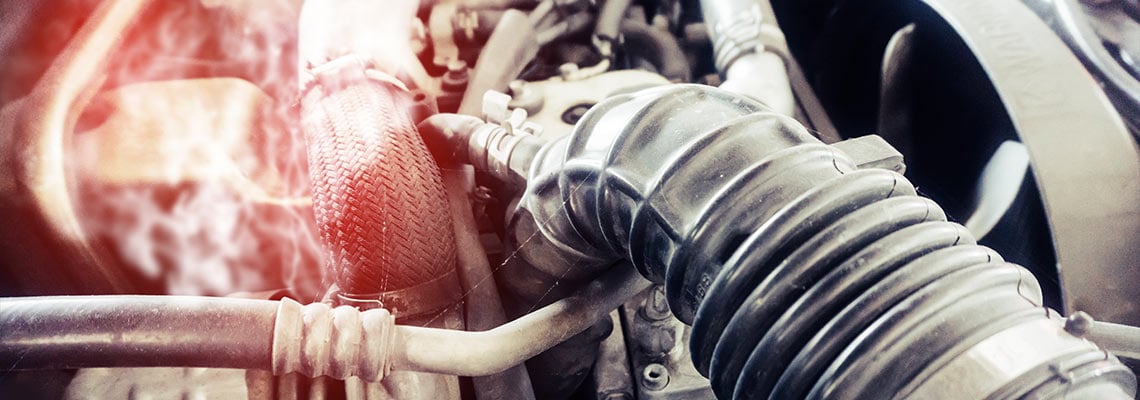
Credit: blog.rainbowmuffler.net
Mechanical Insights: How A Failing Exhaust Causes Heat Buildup
A vehicle’s exhaust system plays a crucial role in its overall performance. Not only does it help channel toxic fumes away from the engine and cabin, but it also affects how the engine runs. A faulty exhaust can lead to severe concerns, like overheating. This section reveals how issues with the exhaust system can cause a heat buildup, threatening the longevity of your car’s engine.
Influence Of Back Pressure On Engine Performance
The exhaust system needs to maintain certain back pressure levels for optimal engine performance. When the exhaust fails, back pressure changes. This can cause the engine to work harder, producing more heat than normal. Excessive heat strains the engine, leading to possible overheating scenarios.
- Increased back pressure can lead to engine strain.
- Engine strain generates extra heat.
- Continuous overheating may damage engine components.
Disruption Of Air-fuel Ratio And Its Thermal Effects
The rate at which fuel burns in the engine is critical. A balanced air-fuel mixture ensures the engine operates efficiently. A bad exhaust can disrupt this balance. Incorrect air-fuel ratio can mean the engine runs too hot. Let’s explore how the air-fuel mix impacts engine temperature:
| Correct Ratio | Engine Temperature |
|---|---|
| Balanced | Optimal |
| Too Rich | High |
| Too Lean | Higher |
A failing exhaust system can lead to a ‘too rich’ or ‘too lean’ mix. Both scenarios force the engine to run hotter than intended. Along with this, pollutant levels can rise from improper combustion, emphasizing the importance of a fully functional exhaust system.
Preventative Measures And Timely Repairs
Preventative Measures and Timely Repairs play a critical role in keeping your vehicle running smoothly. Overheating is a common issue in cars, often influenced by a malfunctioning exhaust system. By adopting regular maintenance routines and addressing repairs promptly, you can ensure your car remains in top condition, preventing expensive damage.
Regular Exhaust System Maintenance For Heat Management
Maintaining a healthy exhaust system is vital. It keeps engine temperatures in check. Stick to these simple steps:
- Inspect for leaks – Regularly look for signs of rust or holes.
- Check the muffler – Ensure it’s intact, as damage here can impede exhaust flow.
- Listen for noises – Rattling or loud sounds might indicate a loose exhaust component.
By staying vigilant, you can catch and fix small issues early.
Essential Repairs To Avoid Overheating
Address these crucial repairs without delay:
- Faulty thermostat replacement: Ensures proper coolant flow.
- Radiator repair: Fixes blockages and leaks in the cooling system.
- Water pump servicing: Guarantees efficient coolant circulation.
Timely action keeps your engine cool and extends vehicle life.
| Maintenance Task | Benefit |
|---|---|
| Exhaust inspection | Prevents minor issues from escalating |
| Catalytic converter check | Ensures toxic gases are converted safely |
| Oxygen sensor replacement | Optimizes fuel efficiency and engine performance |

Credit: www.youtube.com
Understanding The Dangers Of Overheating
Car engines can run hot, but there’s a limit to how hot they should get. Overheating is dangerous. It’s not just about the heat; it’s about what the heat does. A bad exhaust can cause this serious issue, pushing the engine beyond its limits.
– Long-Term Impact on Engine Health section —Long-term Impact On Engine Health
Engines hate extreme heat. A damaged exhaust system can lead to excessive heat. This may cause:
- Gasket failures, leading to leaks
- Warped engine components, harming performance
- Oil breakdown, reducing protection
Over time, these issues can destroy an engine. Regular checks are key to prevent these problems.
– Safety Risks Associated with Overheating section —Safety Risks Associated With Overheating
Overheating is a serious safety hazard. A hot engine can lead to:
- Sudden breakdowns, leaving you stranded
- Fire risks, putting everyone in danger
- Possible accidents, as safety systems may fail
Regular maintenance keeps you and your car safe.
Frequently Asked Questions On Can A Bad Exhaust Cause Overheating
Can A Bad Exhaust Lead To Engine Overheating?
Yes, a faulty exhaust system can cause engine overheating. If the exhaust is blocked or restricted, heat cannot escape efficiently. This can cause the engine to run hotter than normal, leading to potential overheating.
What Symptoms Indicate An Exhaust Problem?
Symptoms of an exhaust problem can include a loud exhaust noise, reduced fuel efficiency, and a burning smell under the car. In some cases, you may also notice decreased engine performance or a check engine light.
How Does An Exhaust System Affect Engine Temperature?
The exhaust system helps to expel hot gases from the engine. If there’s a blockage or leak, these gases can build up, causing the engine temperature to rise and potentially leading to overheating.
Is It Safe To Drive With An Overheating Exhaust Issue?
Driving with an overheating exhaust issue is not safe. It can cause serious engine damage or even pose a fire risk. It’s important to address any exhaust or overheating issues promptly.
Conclusion
Understanding the connection between a faulty exhaust and engine overheating is crucial for vehicle maintenance. An impaired exhaust can indeed trigger overheating issues. Regular inspections are key to averting such problems. Don’t overlook the signs—prioritize your car’s exhaust system to ensure smooth, safe operations.
Stay cool, and drive safely!

